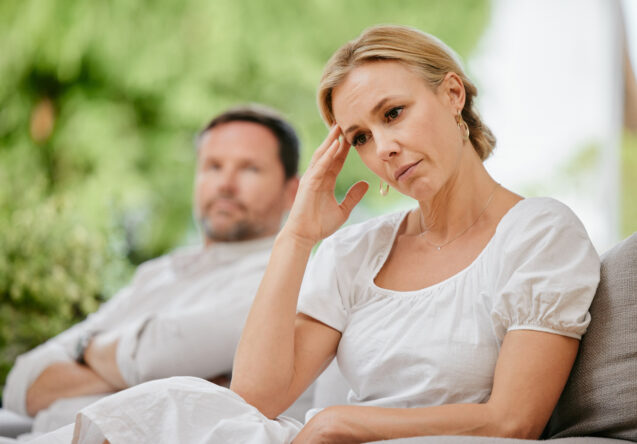Not liking people doesn’t always mean you’re cold, antisocial, or rude.

Sometimes it’s just the result of patterns you’ve seen too many times, energy you’re tired of absorbing, or instincts that have learned to be cautious. If you’ve ever wondered why you just can’t warm up to most people, or feel like socialising is more draining than it’s worth, chances are, you’re not alone. Here are some totally common, completely valid reasons you just don’t like people all that much.
1. You’re tired of fake niceness.
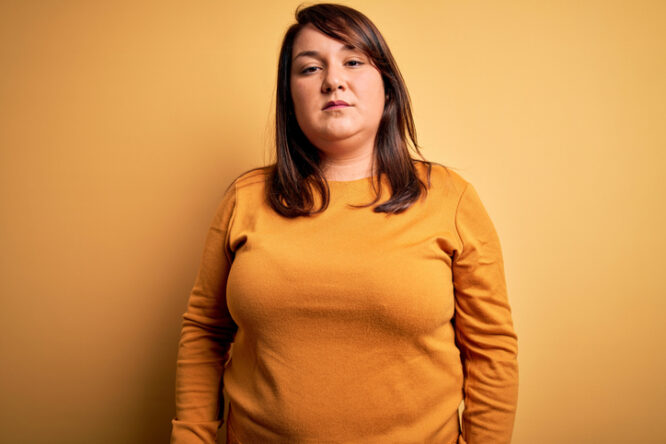
There’s a difference between kindness and politeness. You’ve probably met plenty of people who smile to your face and change their tone the second you’re out of earshot. Surface-level interaction like that gets old fast. It’s hard to trust people when everything feels like a performance. If you’re someone who values realness over fluff, fake friendliness starts to feel more irritating than welcoming.
2. You pick up on hidden intentions.

Maybe it’s a gut feeling, or maybe it’s experience, but you can often tell when someone’s being nice because they want something. Whether it’s validation, attention, or favours, the vibe just feels off. Energy like that makes you uncomfortable, even if you can’t always explain why. Once you feel it, it’s hard to unsee it. You’d rather keep your distance than play along.
3. You’ve been let down too many times.

Trust doesn’t come easily when you’ve had people promise one thing and deliver another, or say they care but disappear when it matters. Eventually, that kind of letdown builds serious emotional distance. You’re not bitter, you’re just cautious. You’ve learned that not everyone deserves instant access, and not everyone who shows up at first will stick around.
4. Small talk bores you to death.
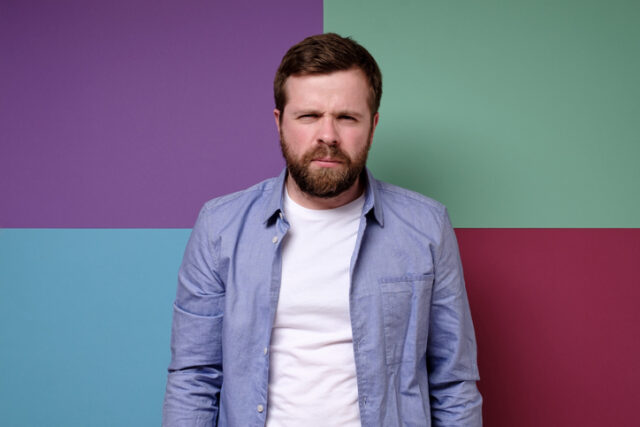
There’s only so many times you can fake interest in weather chats or how someone takes their coffee. If you crave depth, banter, or something slightly more interesting, surface-level conversations leave you cold. It’s not that you’re antisocial—you just want something real. When most conversations stay shallow, it’s hard to connect in a way that actually feels worth your energy.
5. You feel drained around most people.

Some people leave you feeling energised, while others leave you feeling like you’ve been emotionally mugged. If you’re more introverted or highly sensitive, too much social noise can be exhausting. You don’t necessarily dislike individual people, you just might not have the capacity for the constant exchange. That’s okay. Protecting your energy isn’t selfish—it’s smart.
6. You can’t stand attention-seeking behaviour.

Loud dominance, constant one-upping, or people who hijack conversations just to centre themselves? No, thanks. That kind of vibe doesn’t make you curious—it makes you want to back away slowly. You’d rather be around people who don’t need to constantly prove something. People who are quietly confident and don’t need to dominate the room just to feel okay.
7. You see through performative empathy.
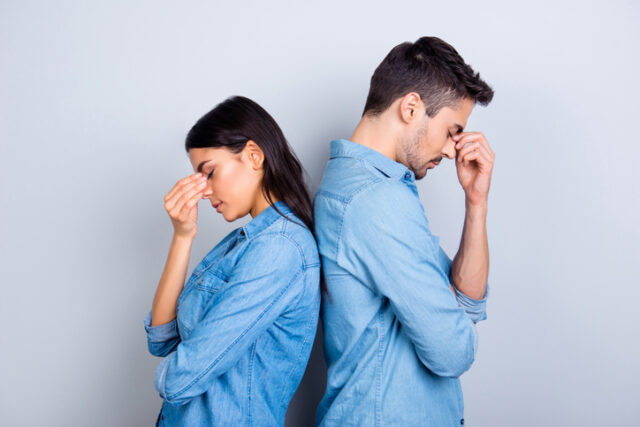
Some people act caring when it benefits them, especially if other people are watching. However, behind closed doors, they’re dismissive or indifferent. That kind of contradiction is jarring if you value integrity. It’s hard to respect someone who uses empathy as a branding strategy. You’d rather deal with someone who’s blunt but consistent than someone who plays the “good person” for applause.
8. You’re allergic to passive-aggression.

You’re not here for the sighs, the vague comments, or the weird energy people throw around instead of just saying what they mean. Passive-aggression feels like emotional booby traps. When people can’t be direct, it creates tension for no reason. You’d much rather deal with an honest disagreement than deal with people who tiptoe around conflict while still causing it.
9. You’ve outgrown performative friendship.

Some friendships revolve around convenience, gossip, or pretending everything’s fine. Once you start craving real connection, those dynamics feel more draining than supportive. You don’t hate people—you just don’t want to invest in relationships that feel empty, one-sided, or built on pretending everything’s always good when it’s clearly not.
10. You see how much people project.

Many people don’t realise when they’re taking their own insecurities out on others. They make snap judgements, hold grudges over nothing, or treat you based on their own unresolved stuff. After a while, it gets exhausting being on the receiving end of projections that have nothing to do with you. It’s not your job to absorb someone else’s emotional baggage.
11. You don’t enjoy power games.

Whether it’s in work, dating, or social circles—some people are constantly trying to out-manoeuvre everyone else. It’s all about status, appearances, or keeping the upper hand. You’re not interested in that kind of dynamic. You’d rather have conversations where nobody’s trying to win. That’s rare enough that when you find it, it actually feels peaceful.
12. You value honesty too much to fake connection.

Most people are fine with shallow bonding if it means avoiding awkwardness. However, if you can’t feel safe being real, it’s hard to feel anything at all. You don’t want to pretend to like someone just to keep the mood light. When people expect that, it feels like emotional dishonesty—something you’d rather avoid altogether.
13. You notice subtle power imbalances.

Some people talk down to everyone without realising it. Some use charm as a control tactic. Others constantly joke at someone’s expense but insist they’re “just being funny.” If you’ve got sharp social radar, those dynamics jump out fast. And once you see them, it’s hard to ignore them. You’d rather step back than pretend you didn’t clock the weirdness.
14. You feel like people often expect too much.
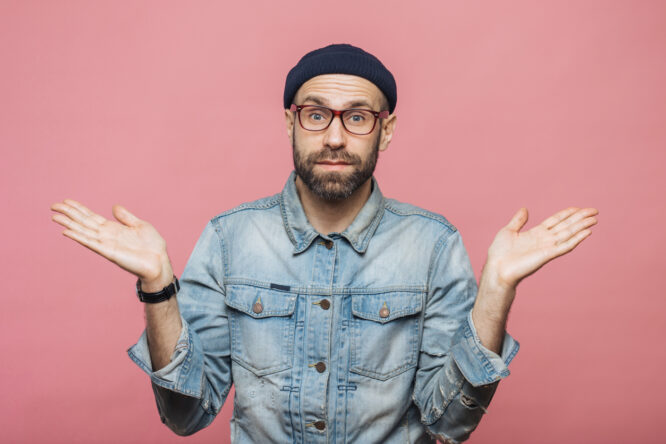
Between being a sounding board, peacekeeper, therapist, or backup plan, it’s easy to end up in one-sided dynamics where you’re giving more than you’re getting, and that builds resentment, fast. You hate feeling like a resource instead of a person. Emotional stability shouldn’t be an invitation for people to drain you.
15. You’re done with drama.

If you’ve spent time around people who live for chaos, you know how fast it spreads. Constant tension, gossip, changing alliances—it all feels like schoolyard politics in adult clothes. Eventually, you get tired of the noise. You’d rather have three calm, reliable connections than twenty dramatic ones. Peace is underrated, and you’re not trading it for entertainment.
16. You’re simply selective with your energy.

At the end of the day, it’s not that you dislike everyone—you’re just picky about who gets your time and presence. You’ve realised that not everyone deserves a front-row seat to your life. That isn’t cold. It’s wise. You can respect people without wanting to spend your time with them. Being selective doesn’t make you mean; it means you’re paying attention.

